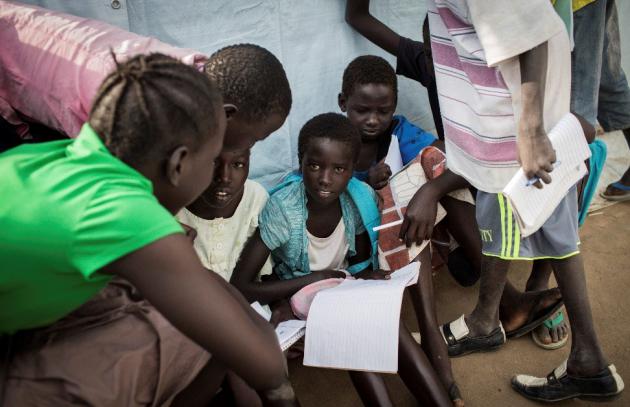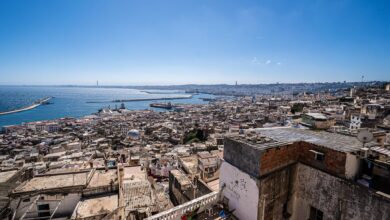South Sudan Authorities shut down schools as a result of extreme heatwave

As South Sudan braces for an unprecedented heatwave with temperatures soaring up to 45°C (113°F), authorities have taken drastic measures, ordering the closure of all schools and urging residents to stay indoors. The scorching heat has already claimed lives, with reports of deaths attributed to “excessive heat” emerging over the weekend.
The capital city, Juba, home to over 400,000 people, experienced power cuts as the heatwave intensified, leaving residents sweltering without access to electric fans. Streets, typically bustling with activity, remained deserted as temperatures soared to 41°C (106°F) on Monday afternoon.
According to the World Bank’s Climate Change portal, such extreme temperatures are exceptionally early for South Sudan, typically encountered only during the summer months. The Ministry of Education, along with health and environmental authorities, issued a joint statement on Saturday, citing “serious health hazards” posed by the scorching weather and announcing the closure of all schools until further notice.
Despite the closure, concerns persist about the well-being of residents, especially vulnerable groups such as children and the elderly. Medical charity Médecins Sans Frontières (MSF) reported a surge in hospital admissions due to heat-related illnesses since the onset of the heatwave.
Residents described the challenging conditions, highlighting the impact on daily activities. Wadcon Saviour Lazarus, who heads a national NGO, lamented the difficulties faced in carrying out work amidst the oppressive heat. “Because of this heat, we are not able to move from one place to another. We come to the office early and leave late in order to avoid the heat,” Lazarus stated.
The situation is exacerbated for Muslims observing Ramadan, as they abstain from consuming liquids during daylight hours. With Ramadan coinciding with the heatwave, adherents face additional challenges in maintaining hydration and coping with the extreme weather conditions.
The heatwave in South Sudan is part of a broader pattern of extreme weather events affecting the African continent. El Niño, a natural weather phenomenon, has contributed to the abnormal warmth, disrupting global weather patterns. However, experts also attribute the intensification of such events to the broader effects of climate change.
While relief may be in sight with the possibility of storms in the southern region offering respite from the heat, long-term forecasts from the World Meteorological Organization (WMO) suggest wetter-than-normal conditions in the coming months, potentially leading to flooding in some areas.




